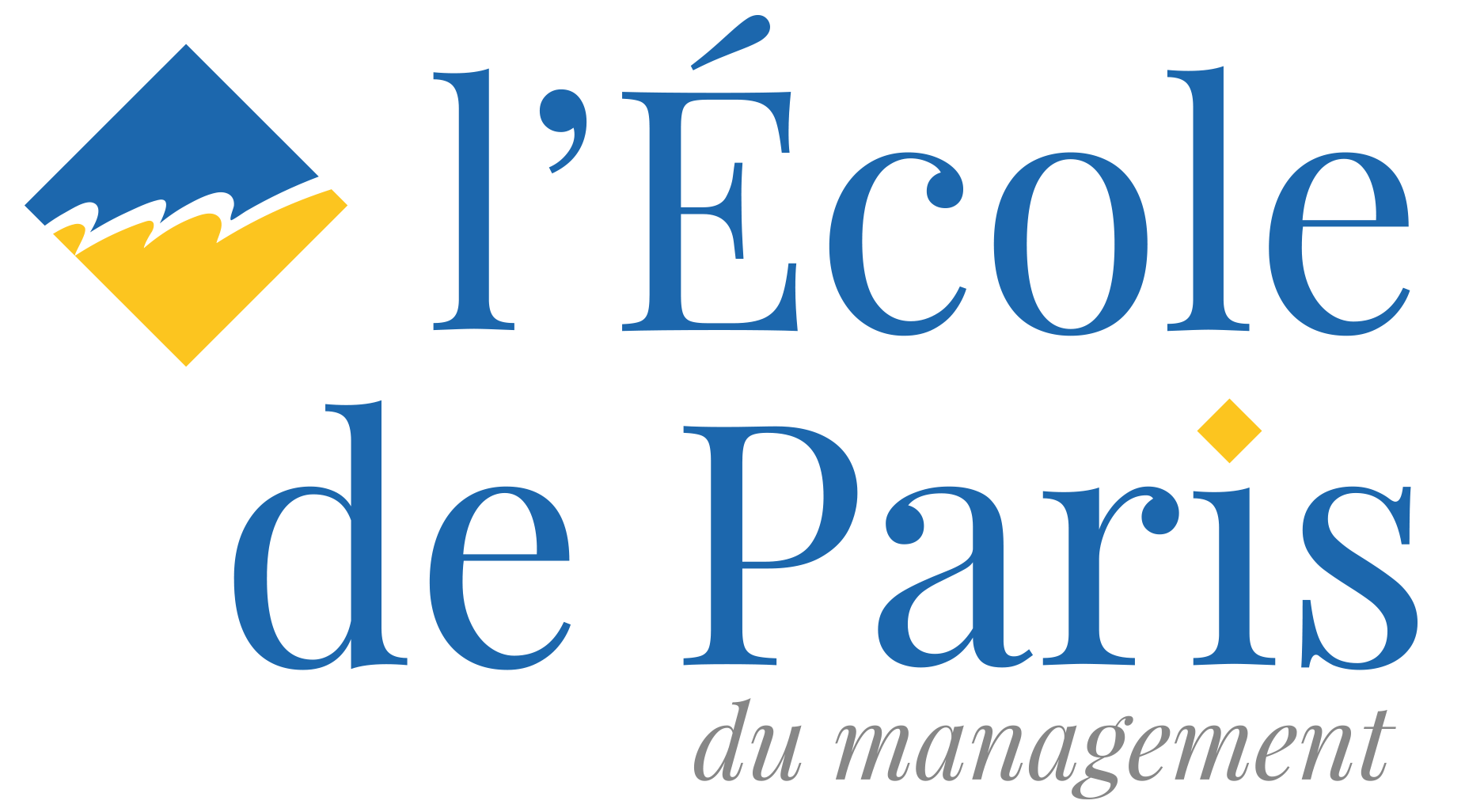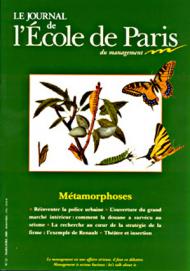Seminar Social life
|
Friday November 19, 1999
For many years, successive governments have declared the same priority, namely to increase the fight against petty and more serious crime by improving the relationships between the police and the public, by developing crime prevention and deterrents, and by supporting the police in significant local partnerships. However, this has not made a major impact on the problem. In the light of fieldwork which has been going on for a number of years, Dominique Monjardet reviews the factors which nipped these attempts in the bud. These include discrepancies in the management of incentives, actions and remuneration, and the loss of practical know-how and of authority. Nowadays, the more senior staff pass on to new recruits the ways of avoiding work. However, in the next five years, there will be a turnover of new personnel. Dominique Monjardet outlines the actions necessary to seize this opportunity in order to reconstruct a new urban police force which is efficient and highly valued.
The entire article was written by:
Loïc VIEILLARD-BARON
This session was published in issue n°22 of the Journal de l'École de Paris du management, entitled
Métamorphoses .




No comments yet